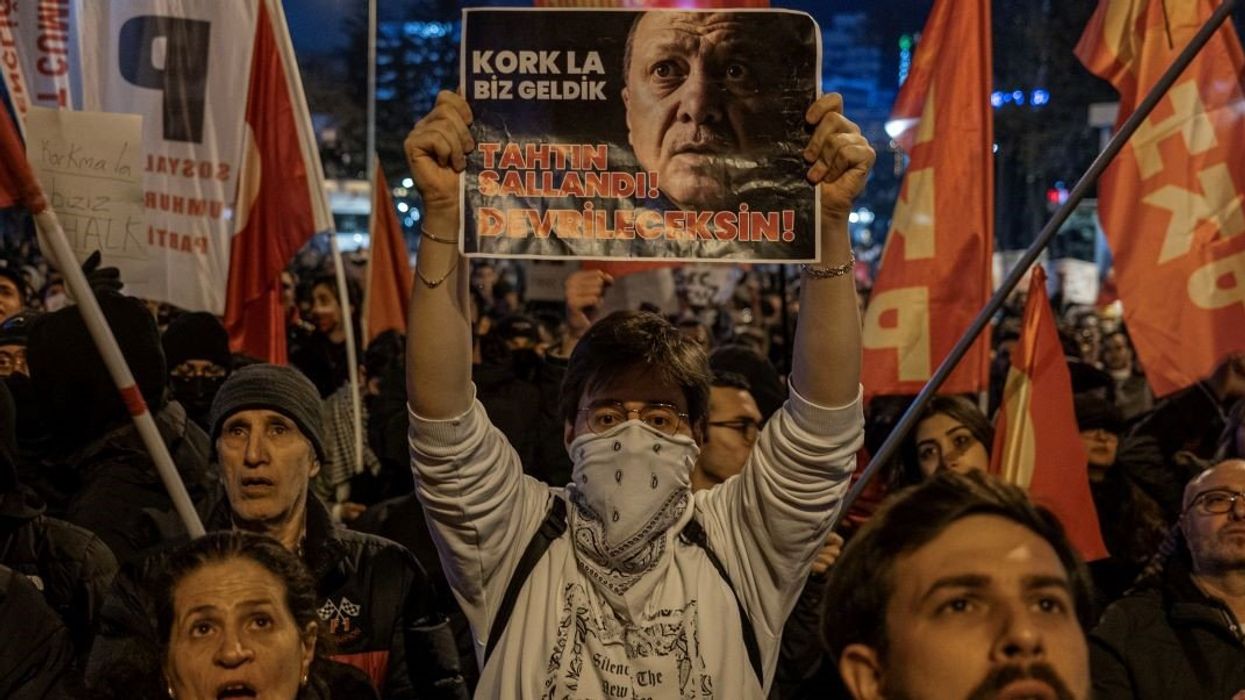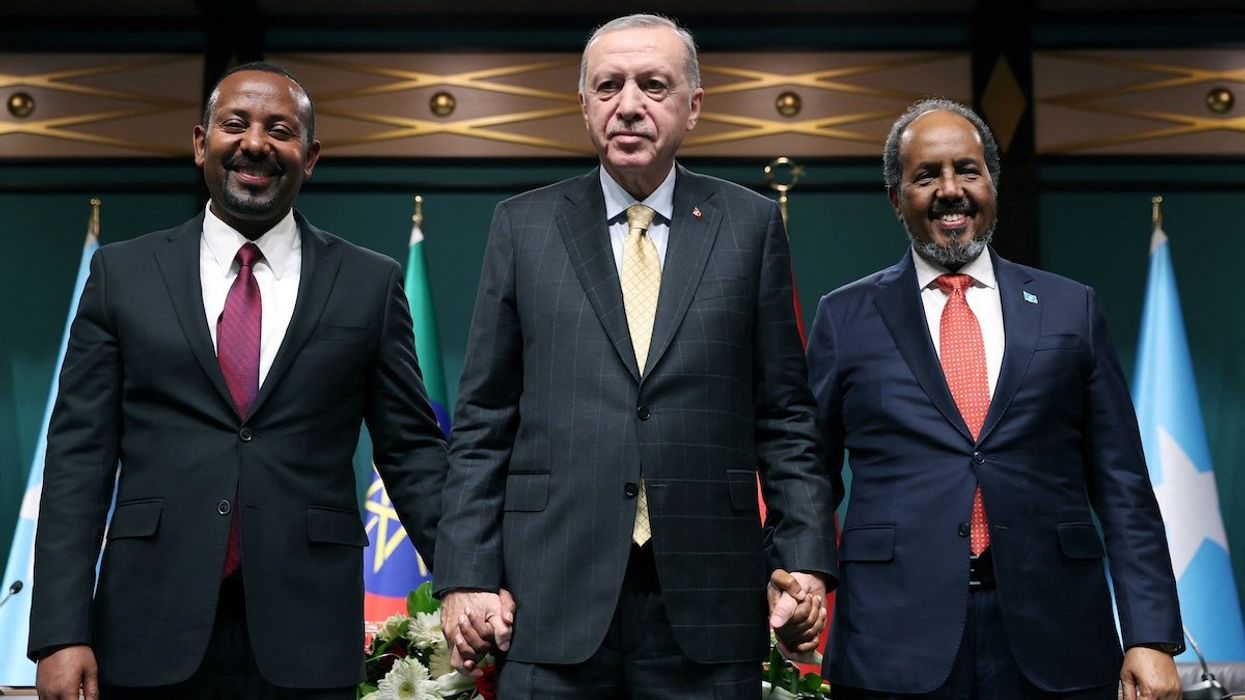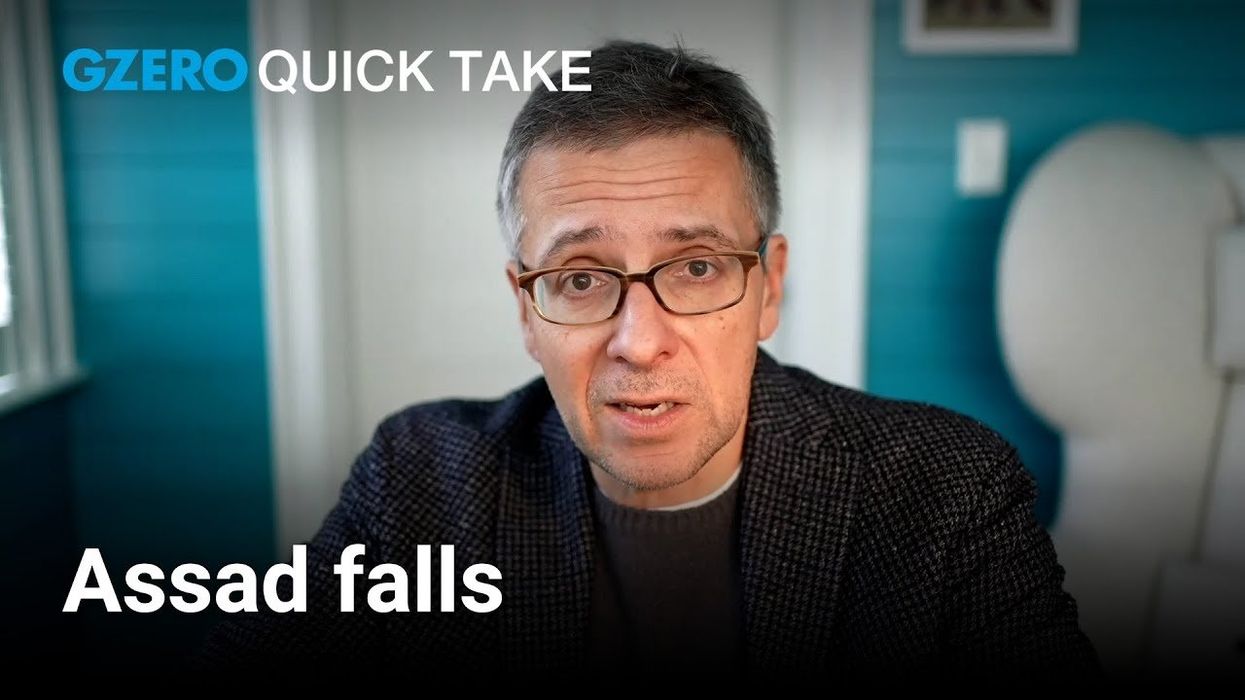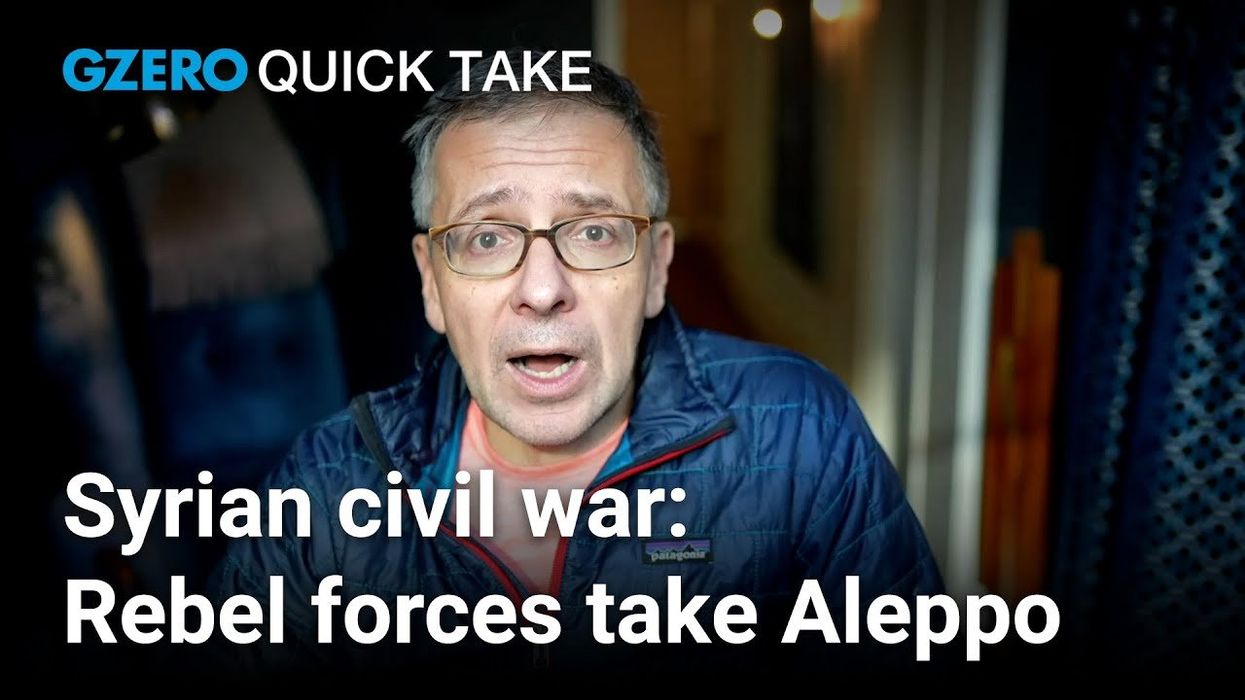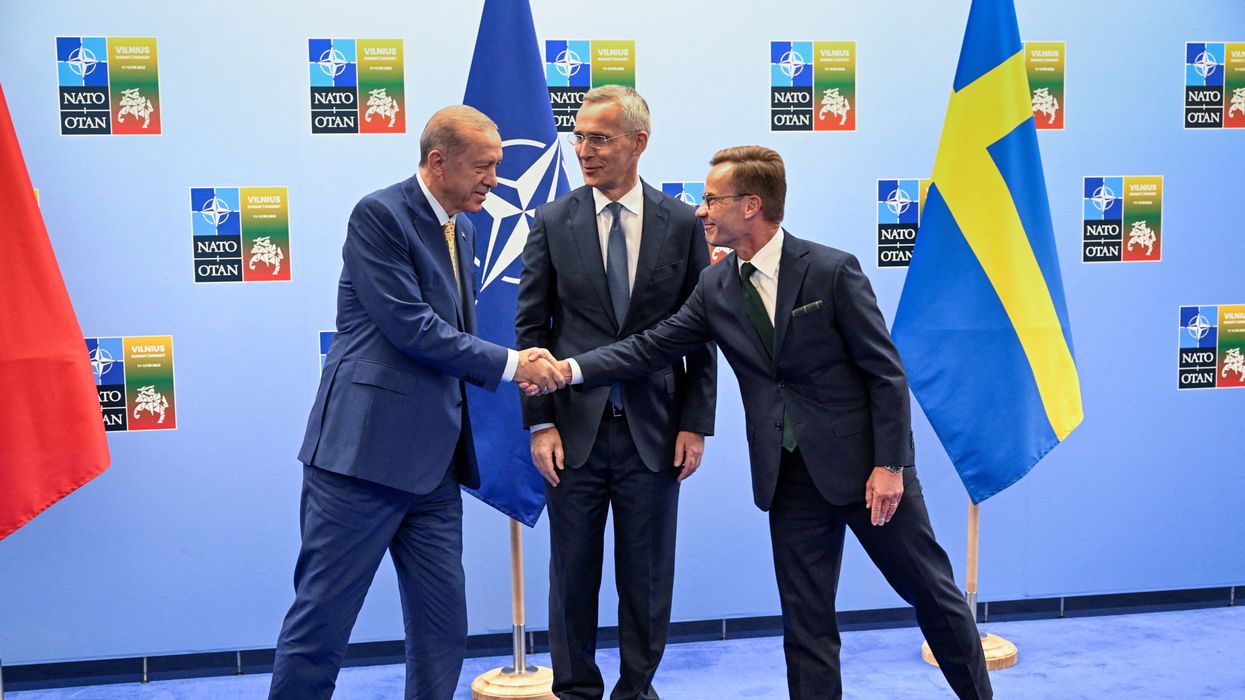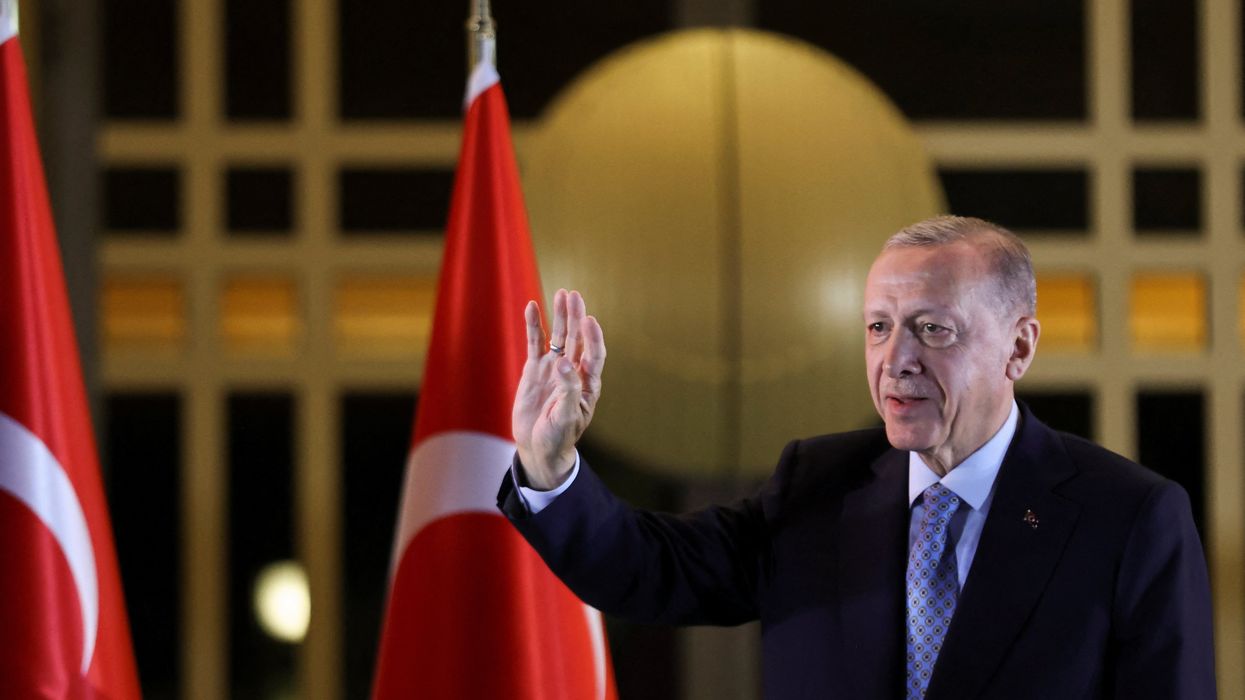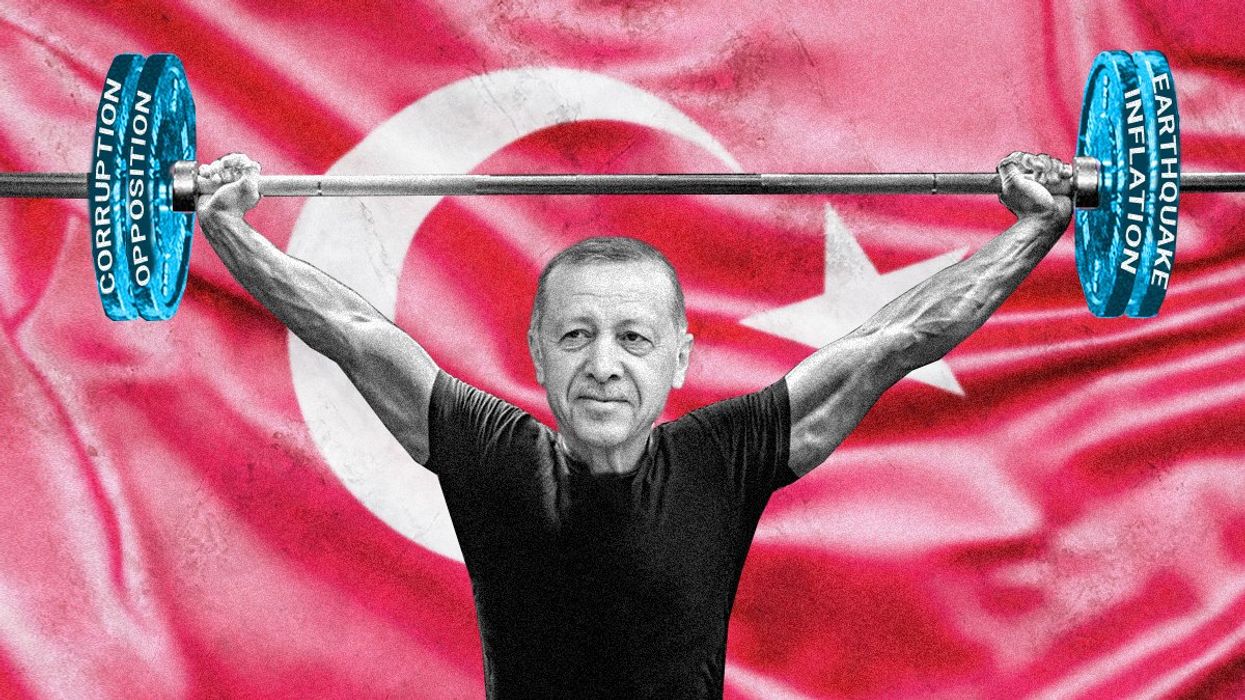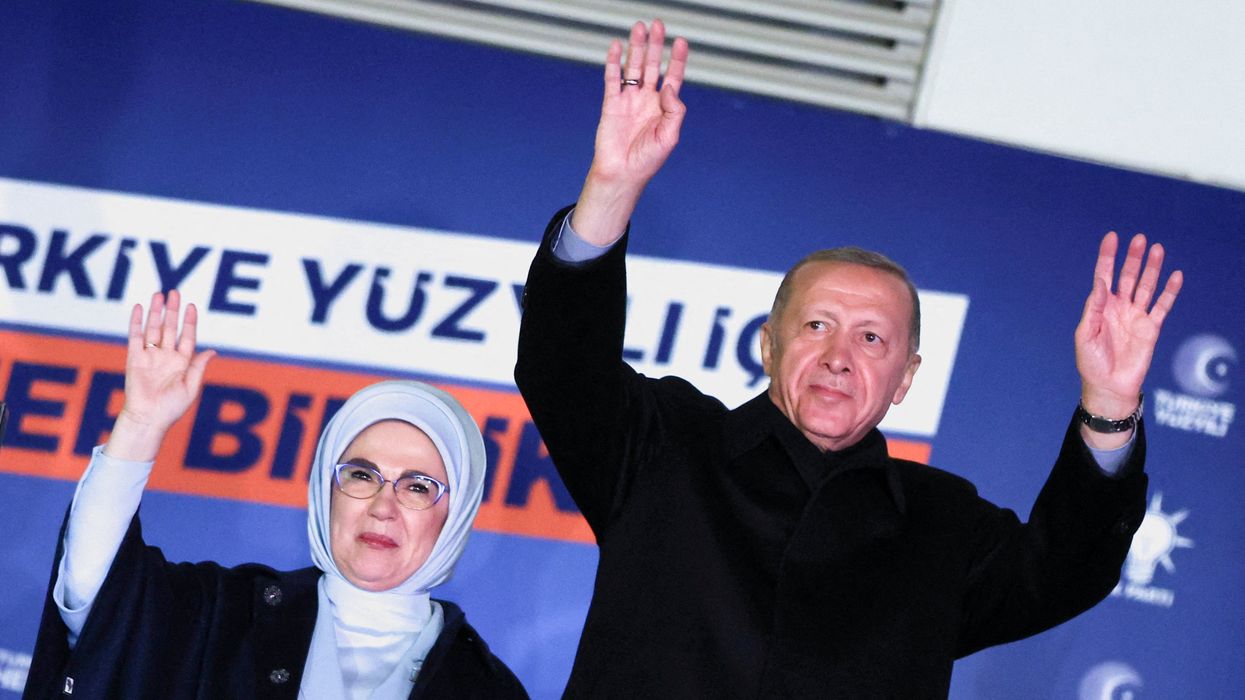Hard Numbers
Hard Numbers: Mother Nature batters South and Southeast Asia, Netanyahu asks for a pardon, Aussies get in kayaks to protest coal, Trump commutes sentence of fraudster, Leo makes first foreign trip as pope
800: The death toll from the tropical storm that battered parts of Southeast Asia is now close to 800.
Dec 01, 2025

